Description
Original 1964 Fender Jazz Bass in Blonde finish Weighing in at just 10lbs 2ozs. This amazing vintage 1960’s Fender Jazz Bass guitar is 100% original and plays and sounds incredible. The neck on this bass is nice and straight, feels awesome and the action is set up perfectly. This bass used to belong to a well-known bassist named Larry Ridley. Larry used to perform with legends such as Herby Hancock and Lee Morgan. The instrument is in very good condition and comes along with its original blonde hardshell Fender case.
First introduced in 1960 as the Deluxe Model, it was marketed as a stablemate to the Jazzmaster guitar which was also marketed as a Deluxe Model in its own right. It was renamed the Jazz Bass as Fender felt that its redesigned neck—narrower and more rounded than that of the Precision Bass—would appeal more to jazz musicians.
The Jazz Bass has two single-coil pickups with two pole pieces per string. As well as having a slightly different, less symmetrical and more contoured body shape (known in Fender advertising as the “Offset Waist Contour” body), the Jazz Bass neck is noticeably narrower at the nut than that of the Fender Precision Bass. While the Precision Bass was originally styled similarly to the Telecaster guitar, the Jazz Bass’ styling was inspired by the Jazzmaster guitar, with which the Jazz shared its offset body and sculpted edges that differentiate it from other slab-style bass bodies.
The original intention of the instrument was to appeal to upright bass players. The original Jazz Bass had two stacked knob pots with volume and tone control for each pickup. Original instruments with this stacked configuration are highly valued in the vintage guitar market. In late 1961 it received three control knobs:[1] two controlling the volume of each pickup and one the overall tone. Despite this new feature, many stacked knob models were made until about 1962. Another feature the initial models had were the “Spring Felt Mutes”, which were present on basses from 1960 until 1962. The purpose of those mutes was to dampen the overtones and the sustain and were screwed in place between the bridge and aft pickup. Those felt mutes were not a tremendous success and were replaced by a cheaper, more simple foam mute glued underneath the bridge cover as was used by the Precision Bass from 1963 onwards. Over the following years as the use of mutes gradually declined both the Precision and Jazz Bass models eventually began to be produced without bridge/tailpiece covers.


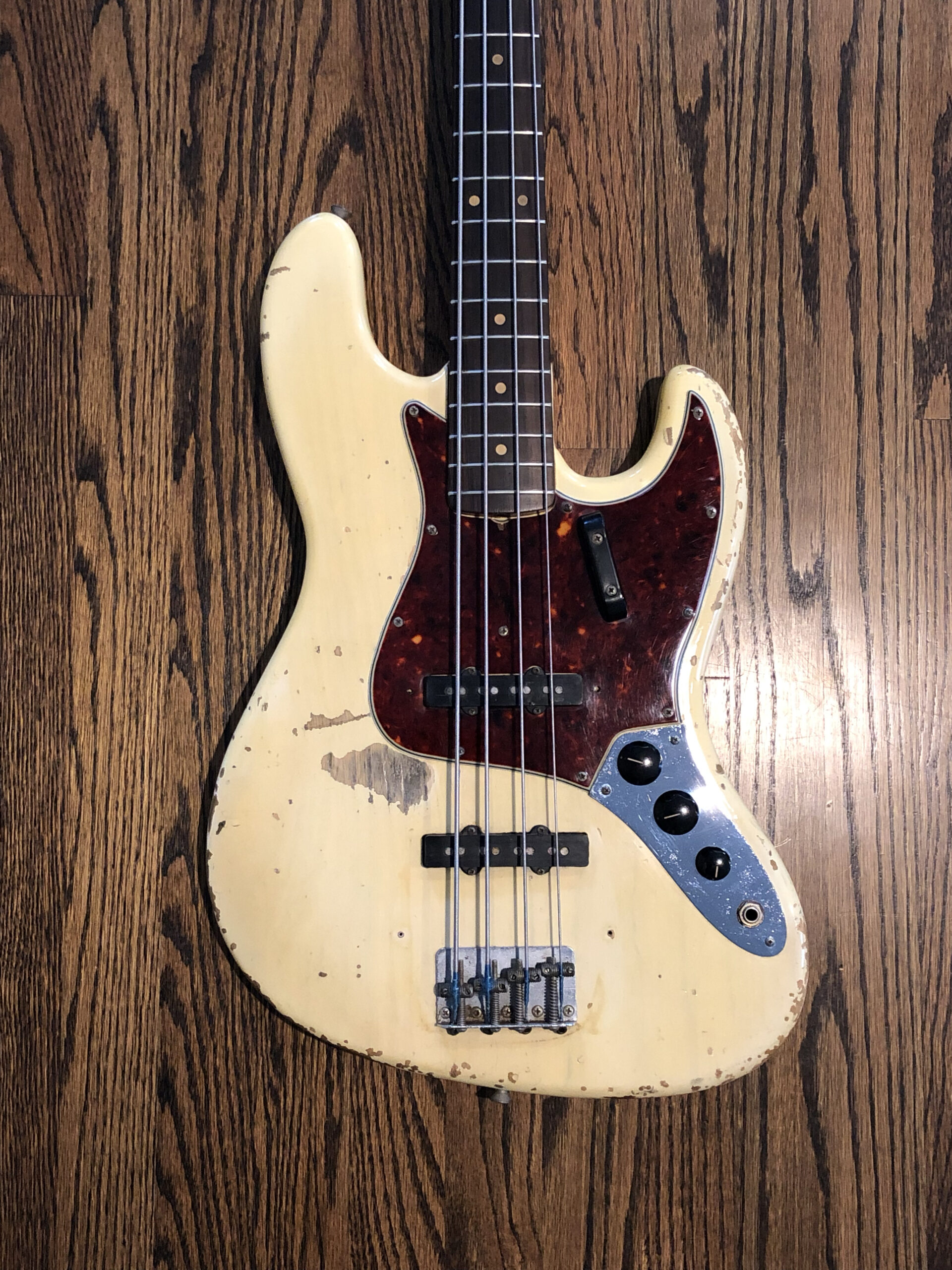
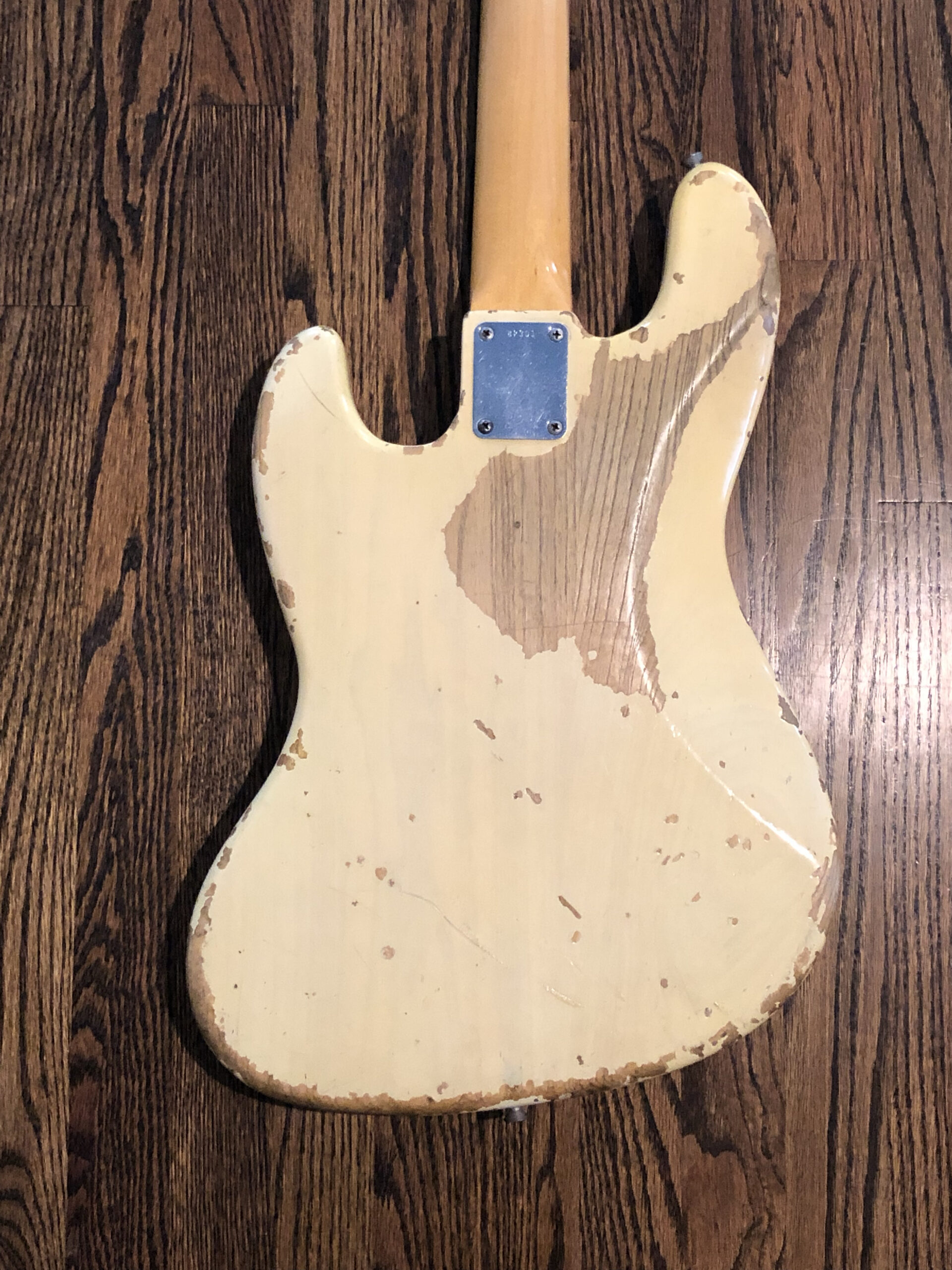
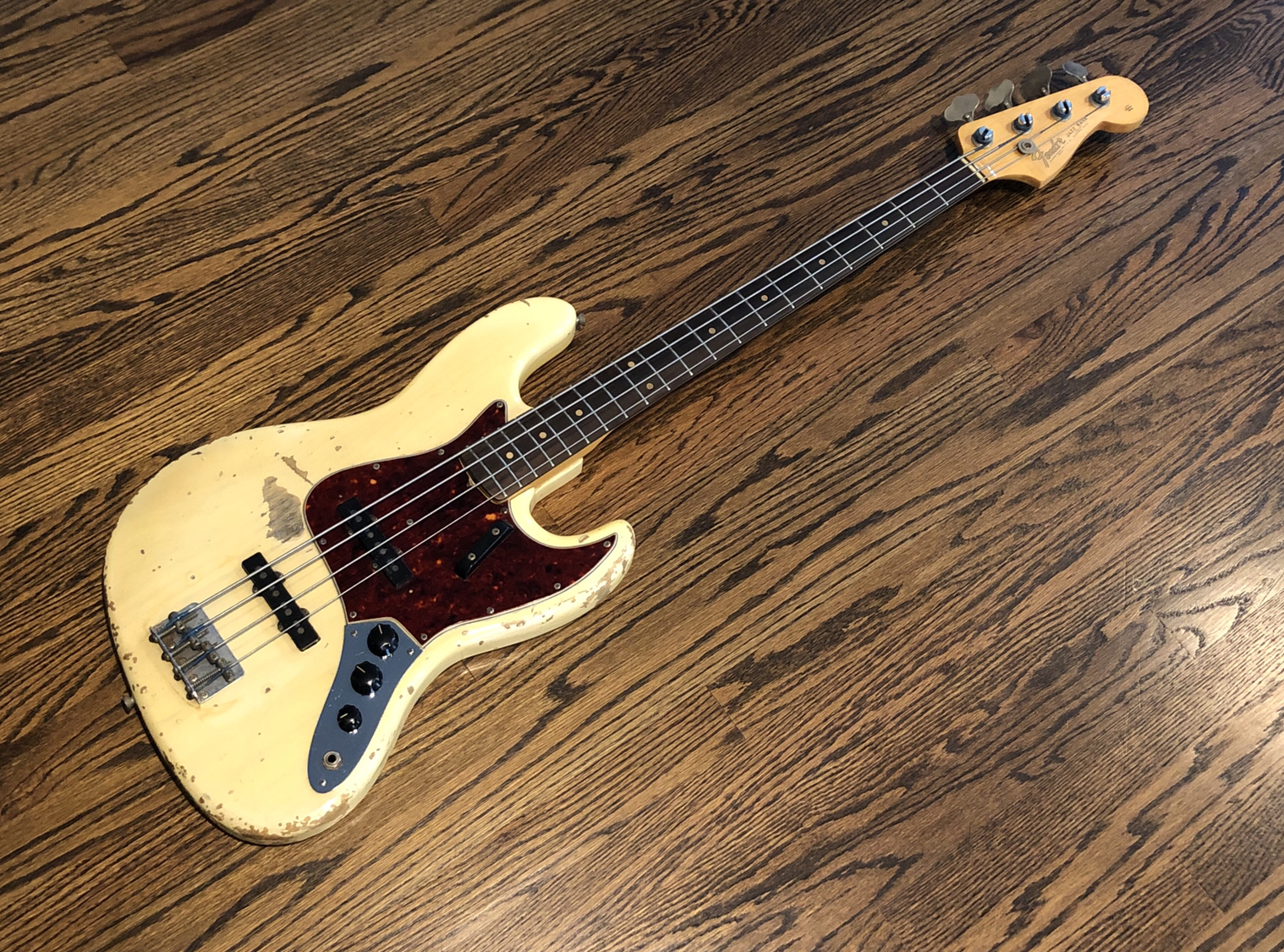
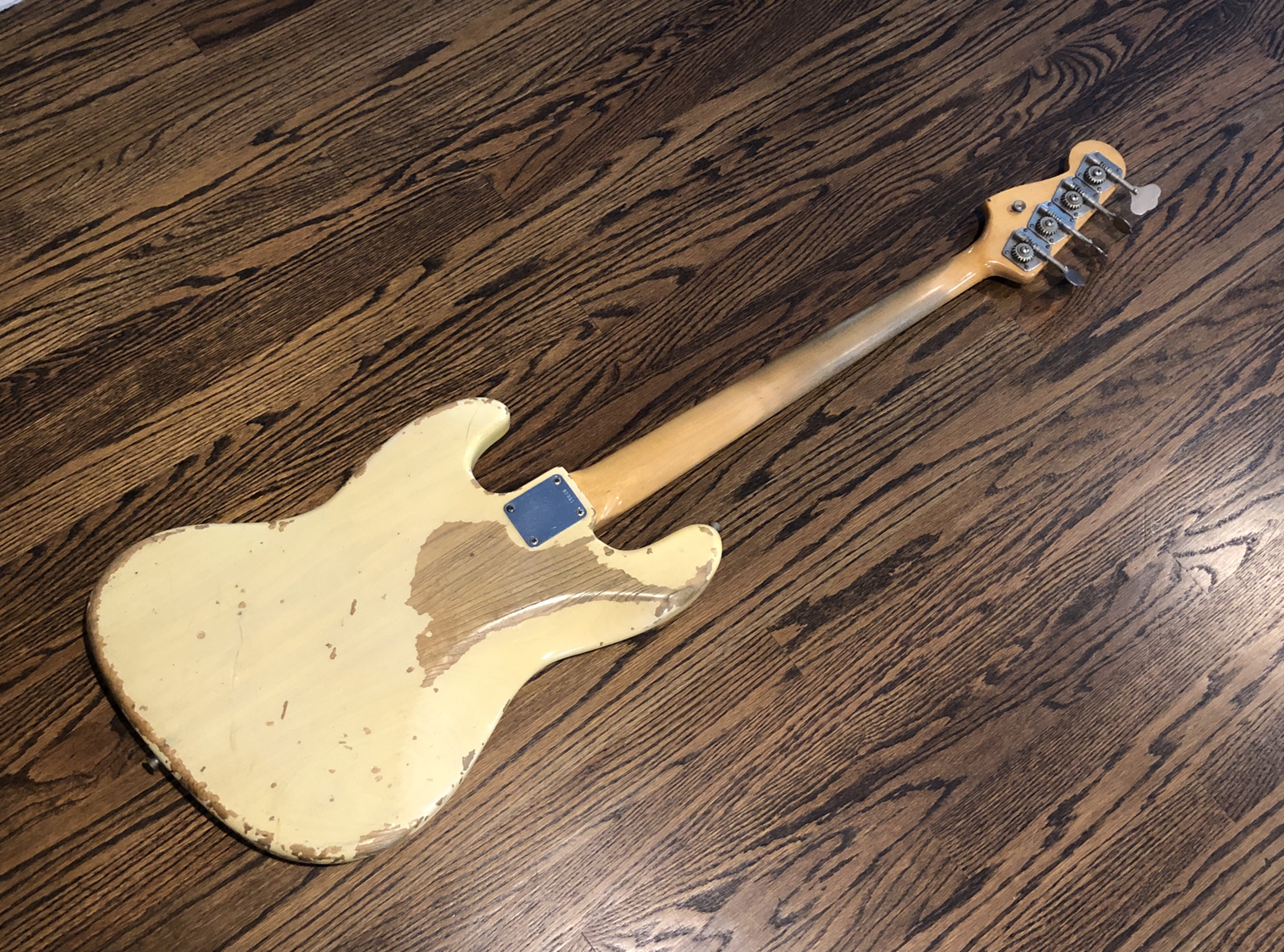
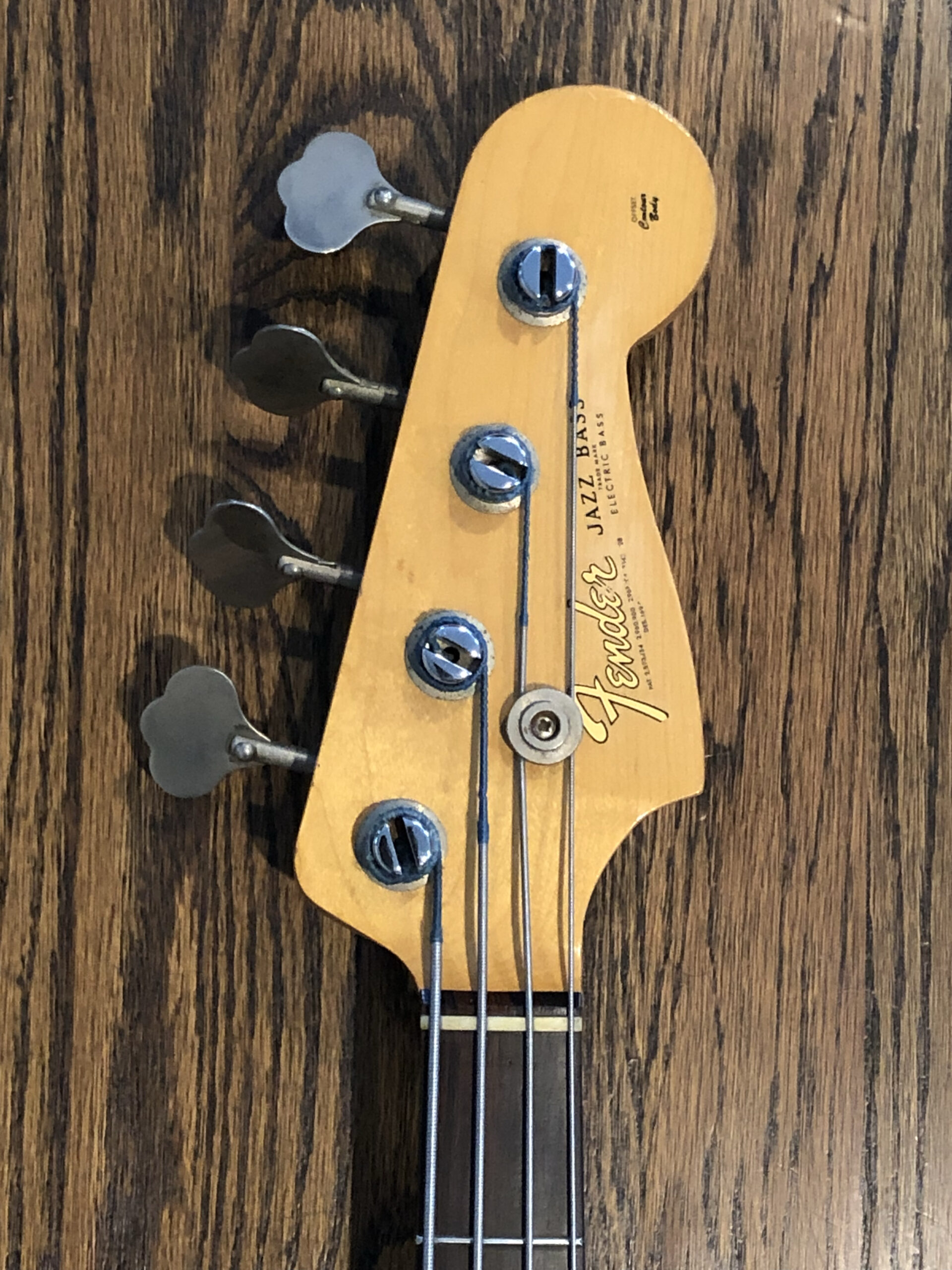
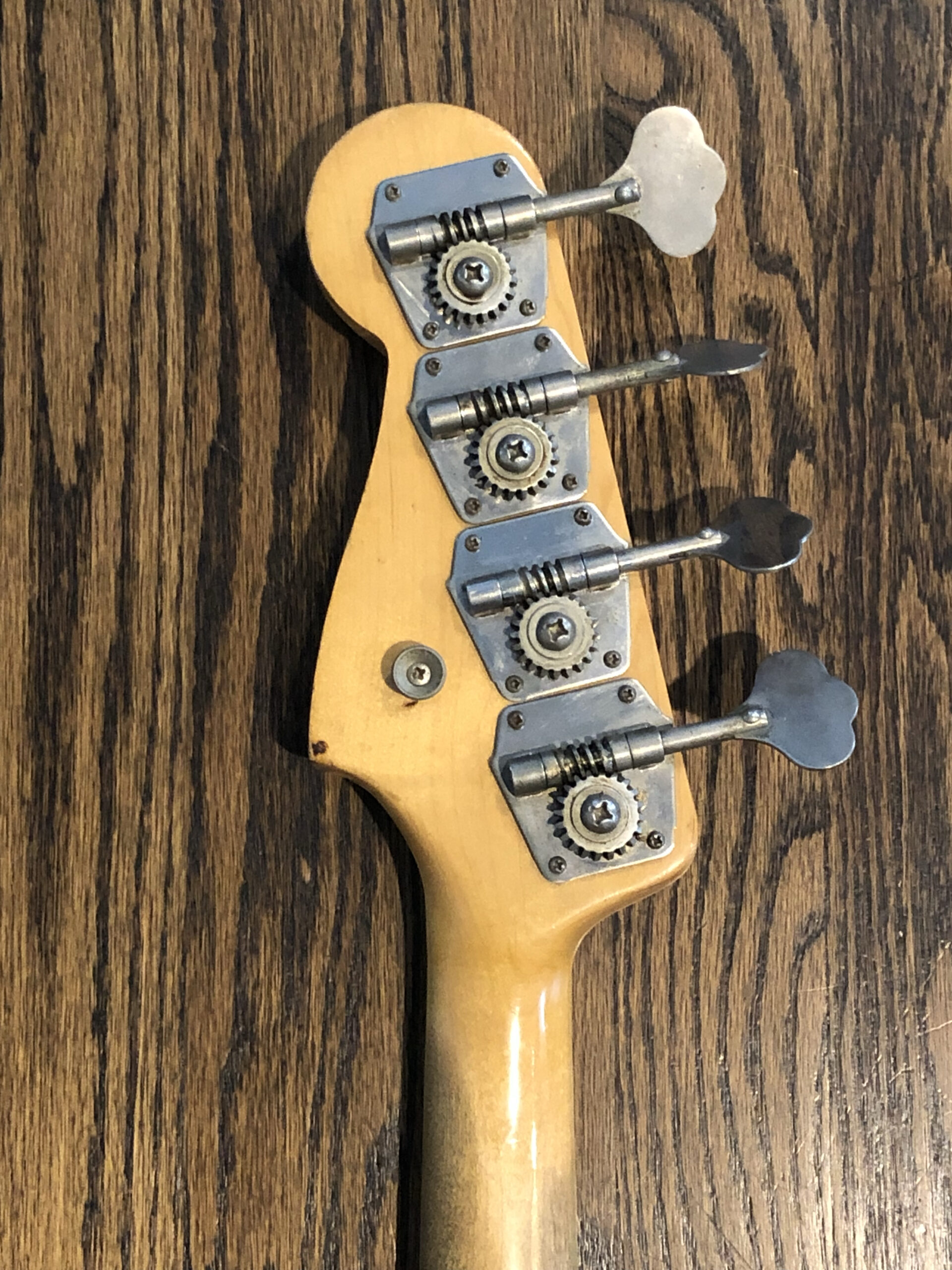
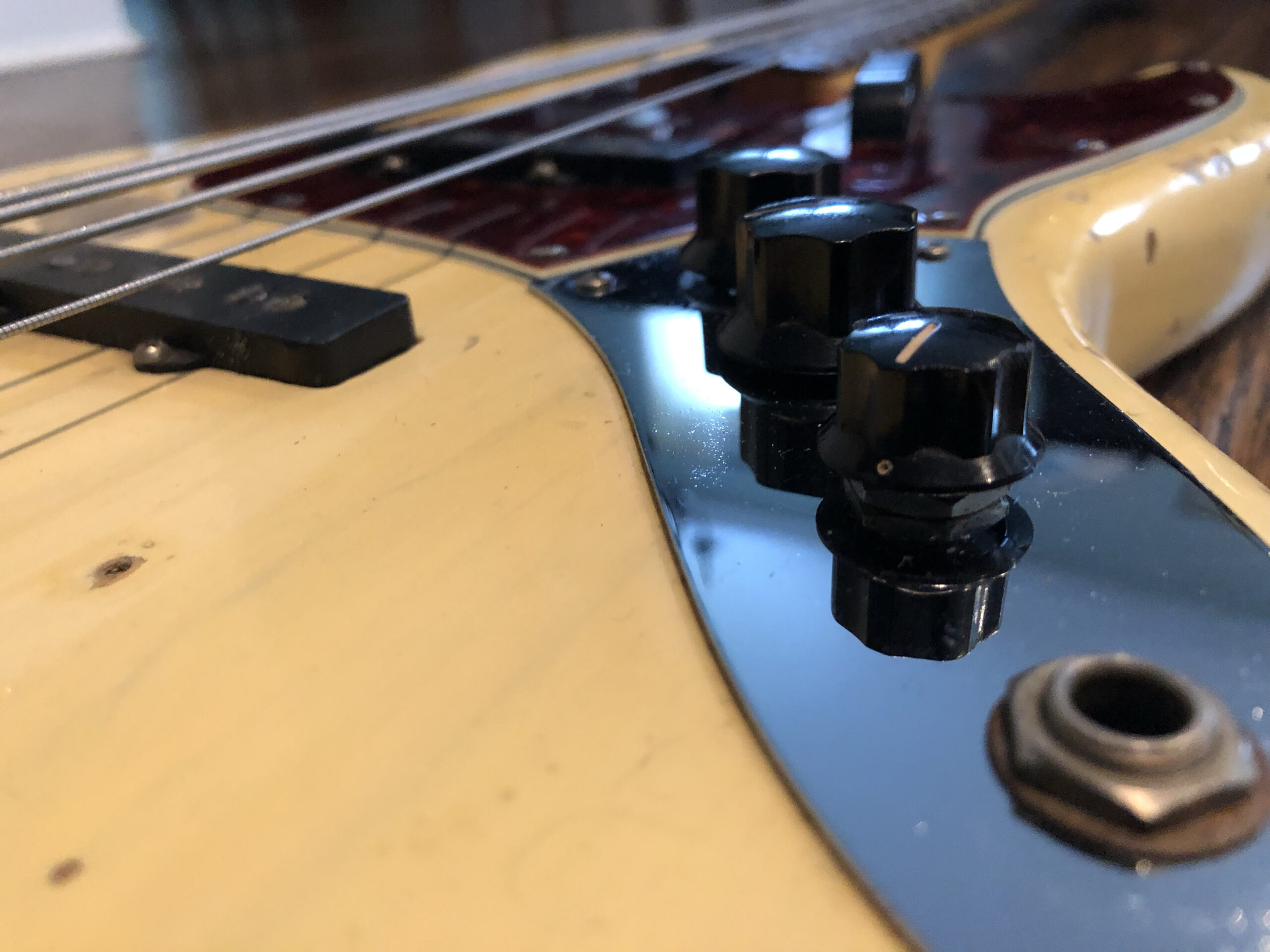
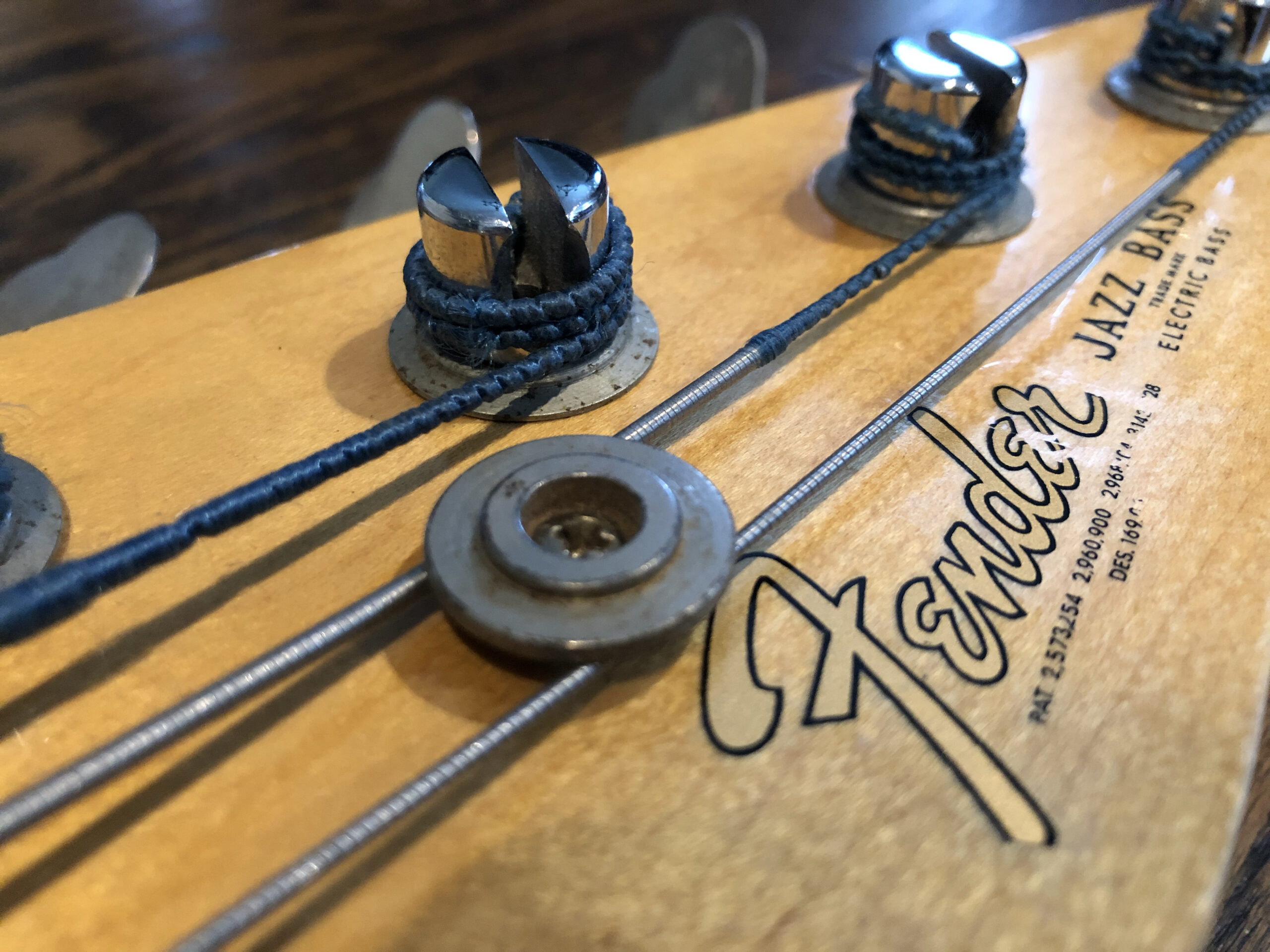

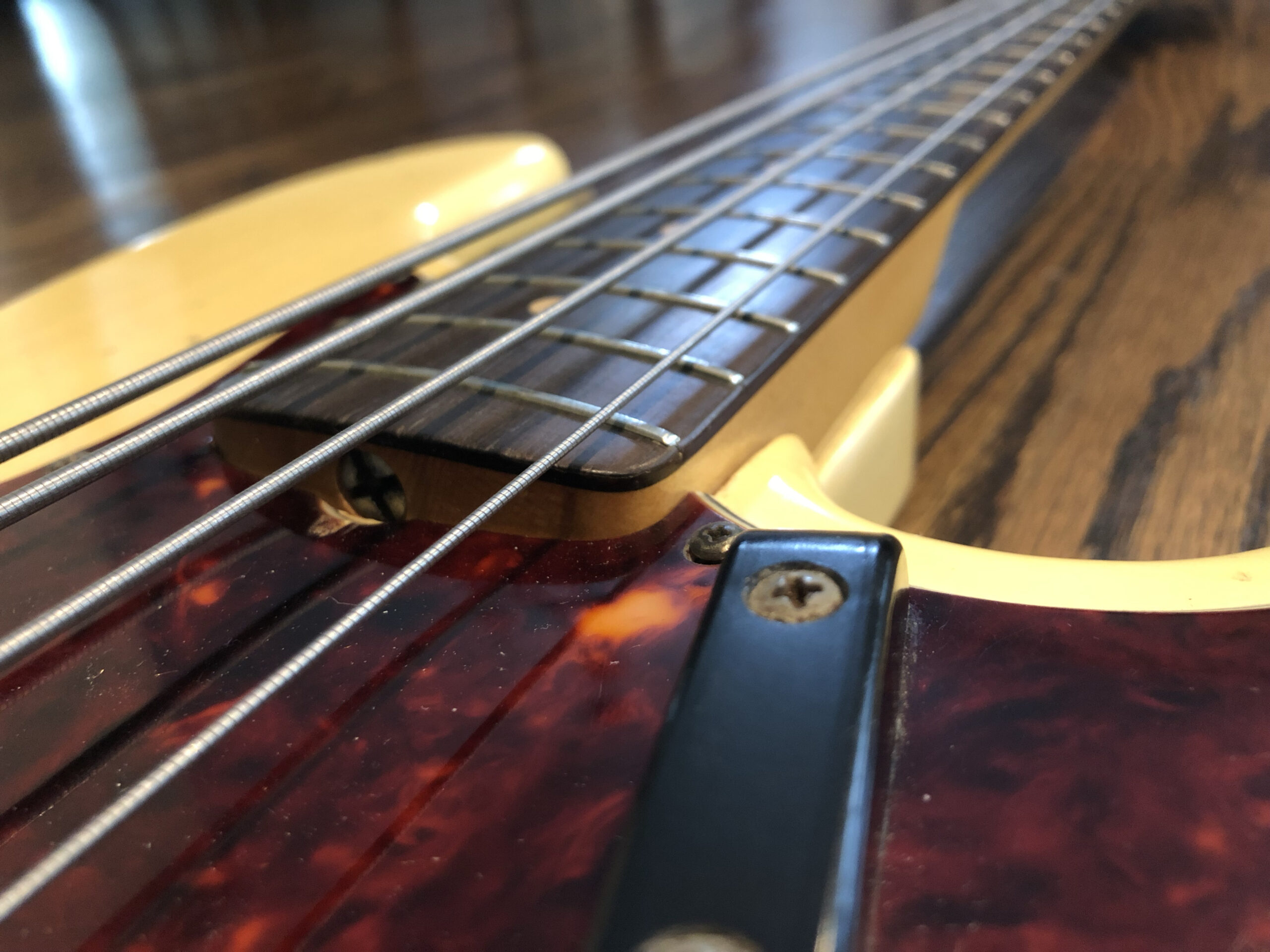
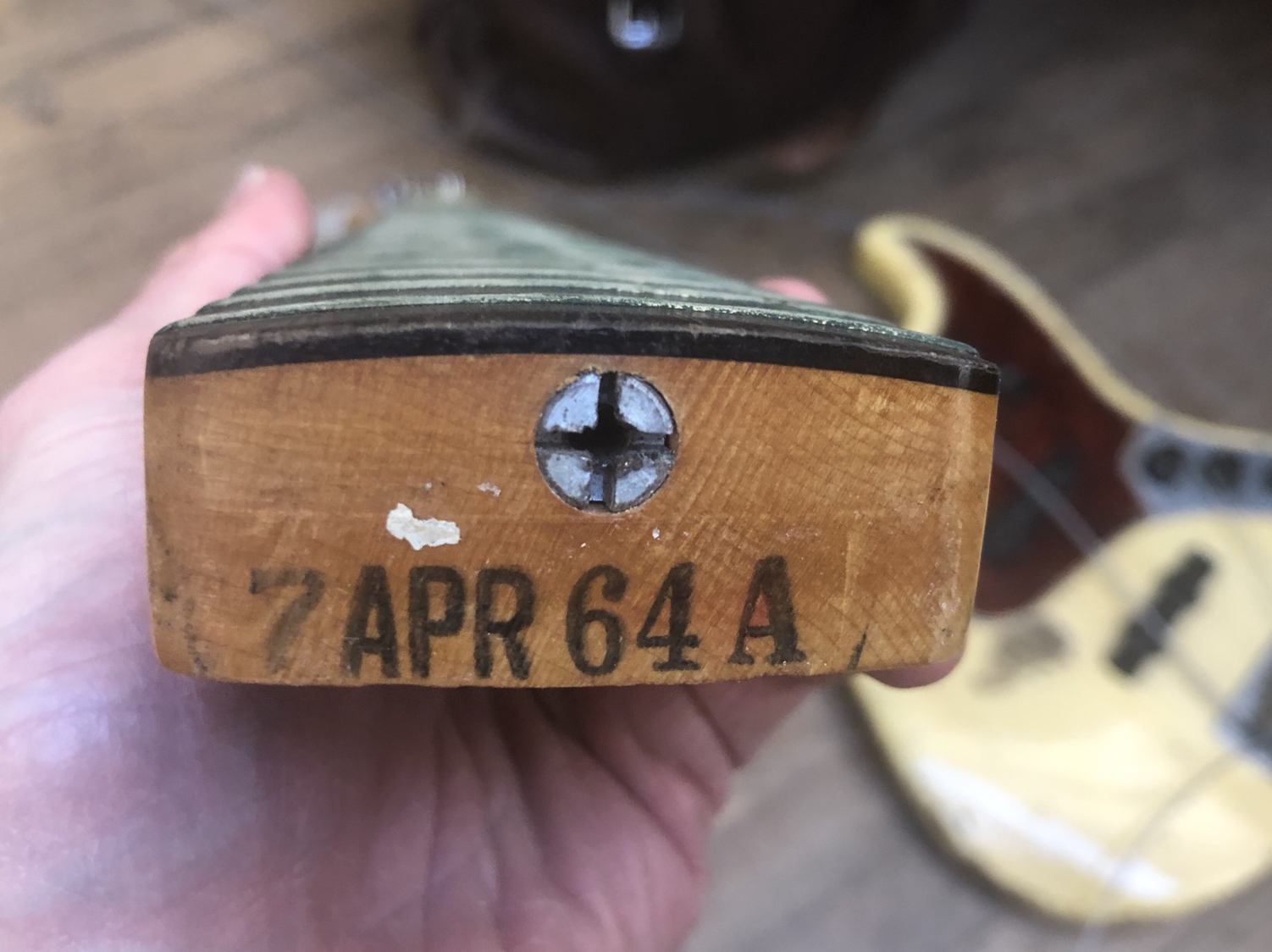
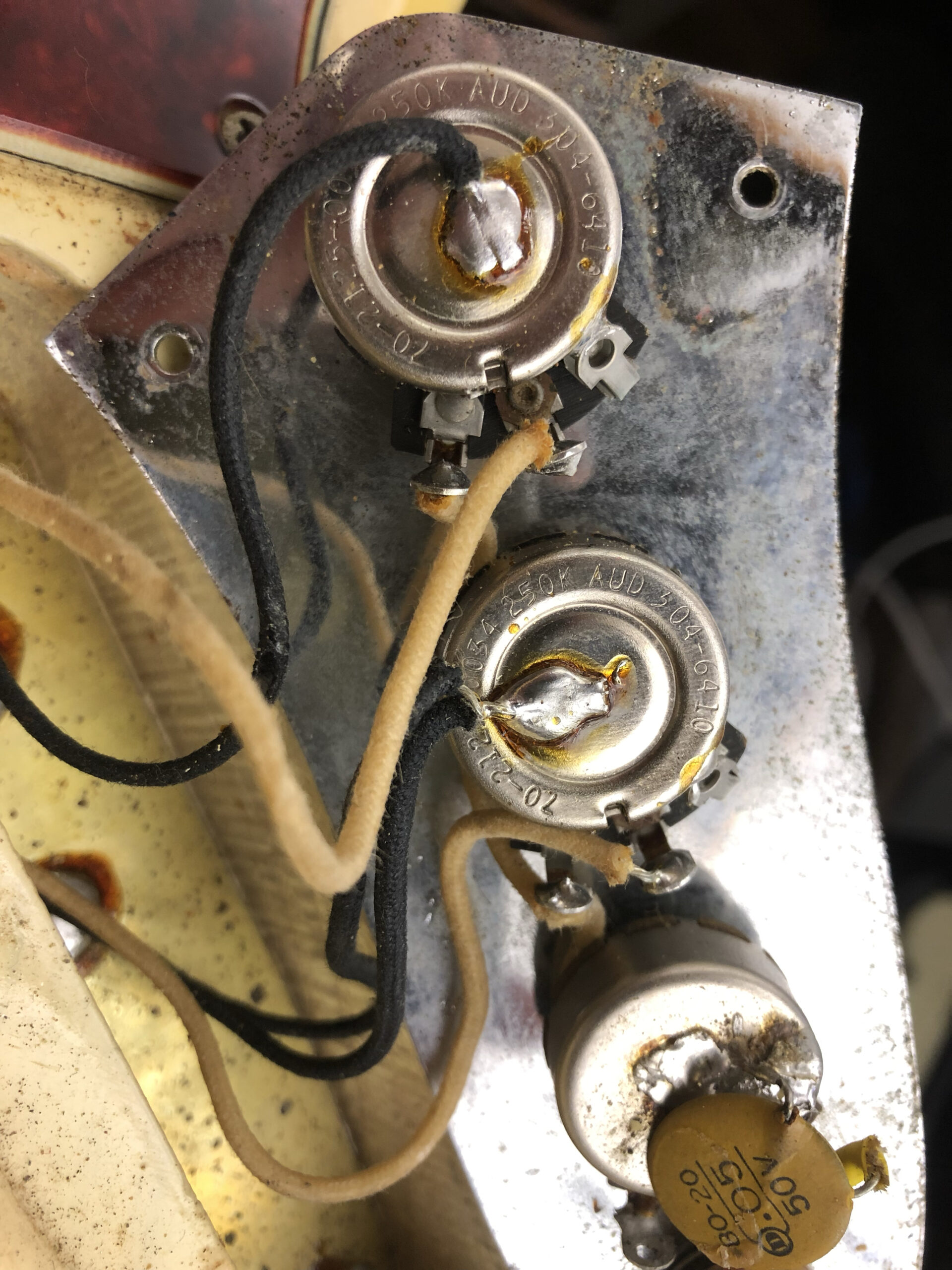

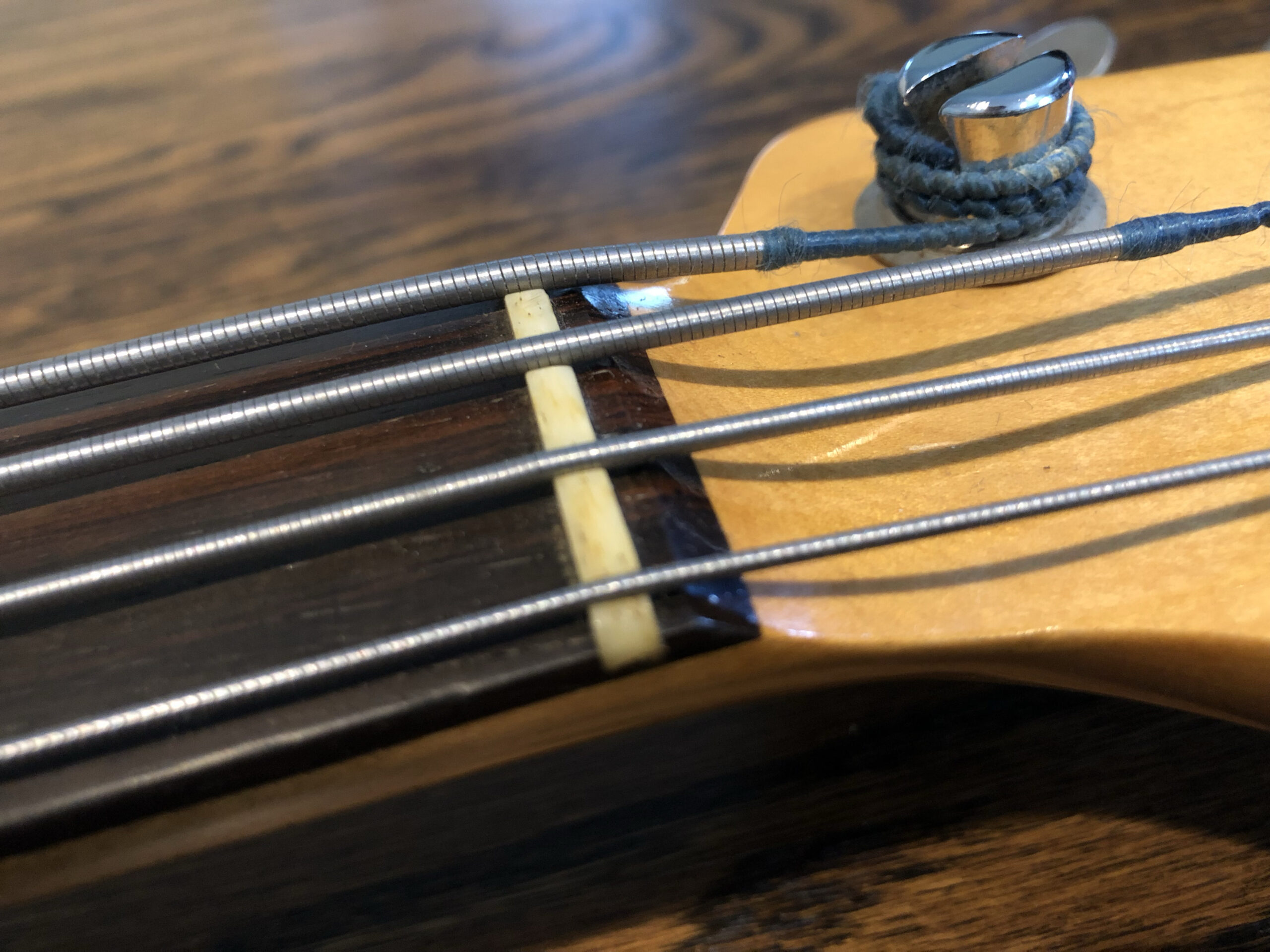
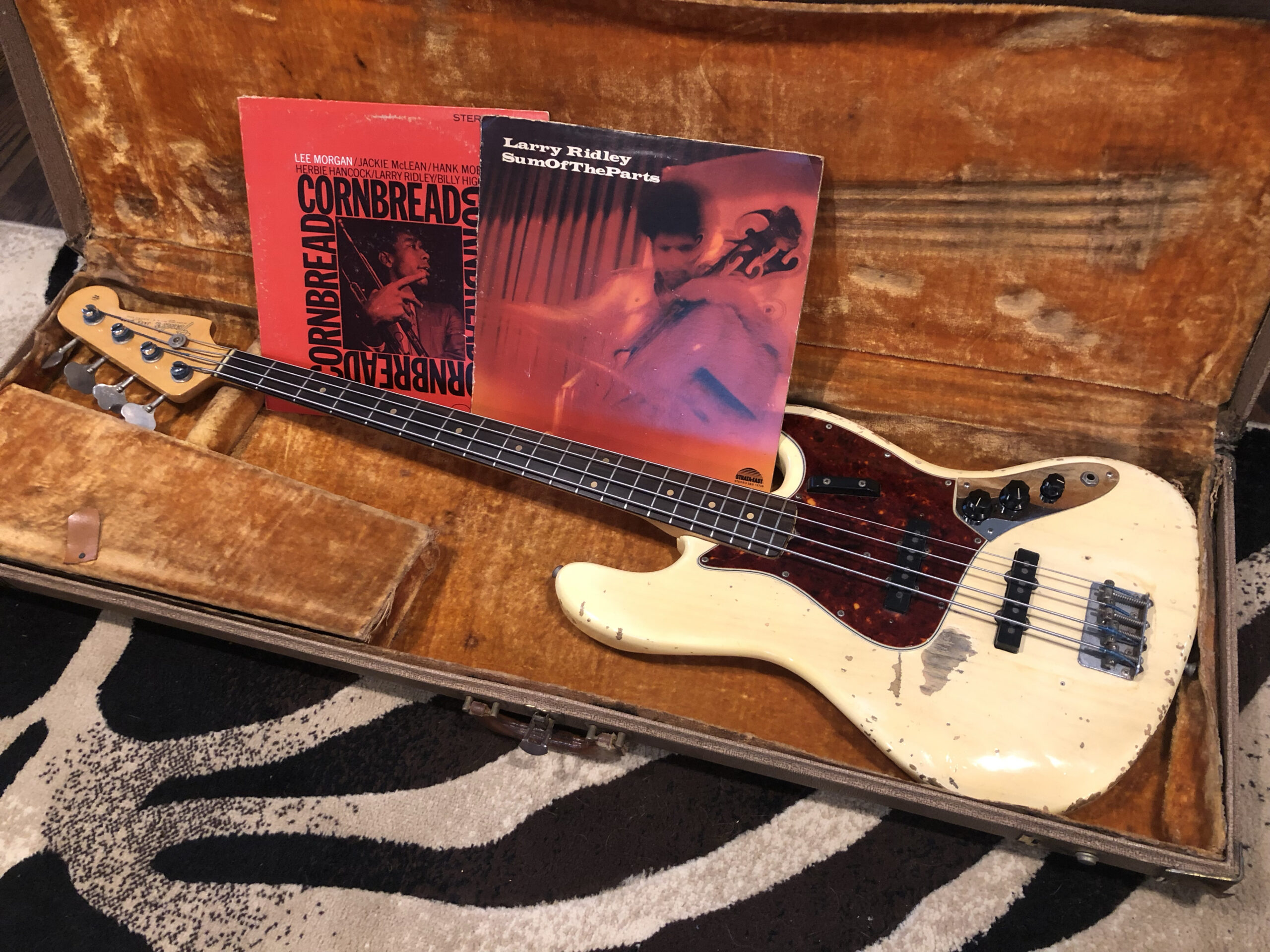
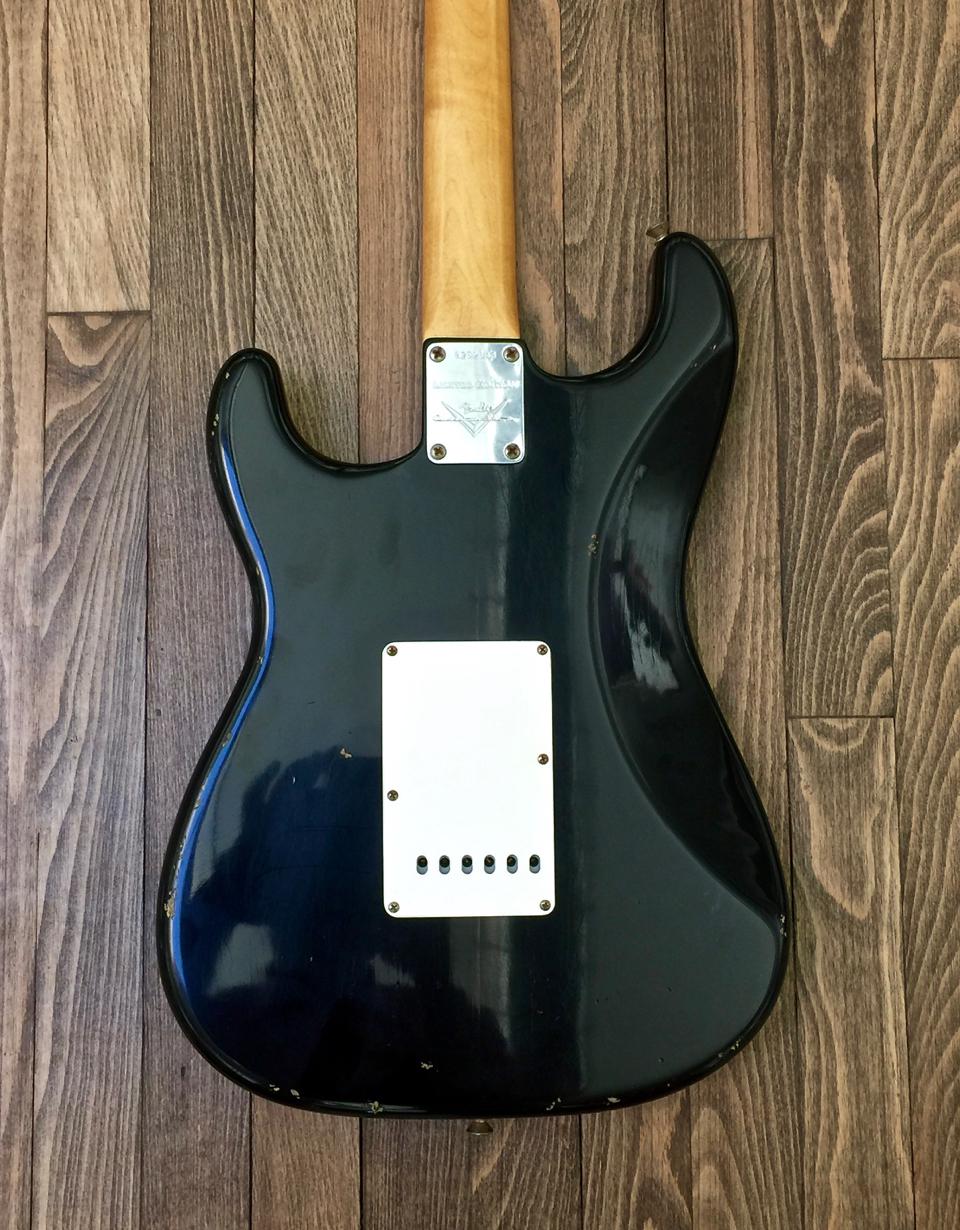
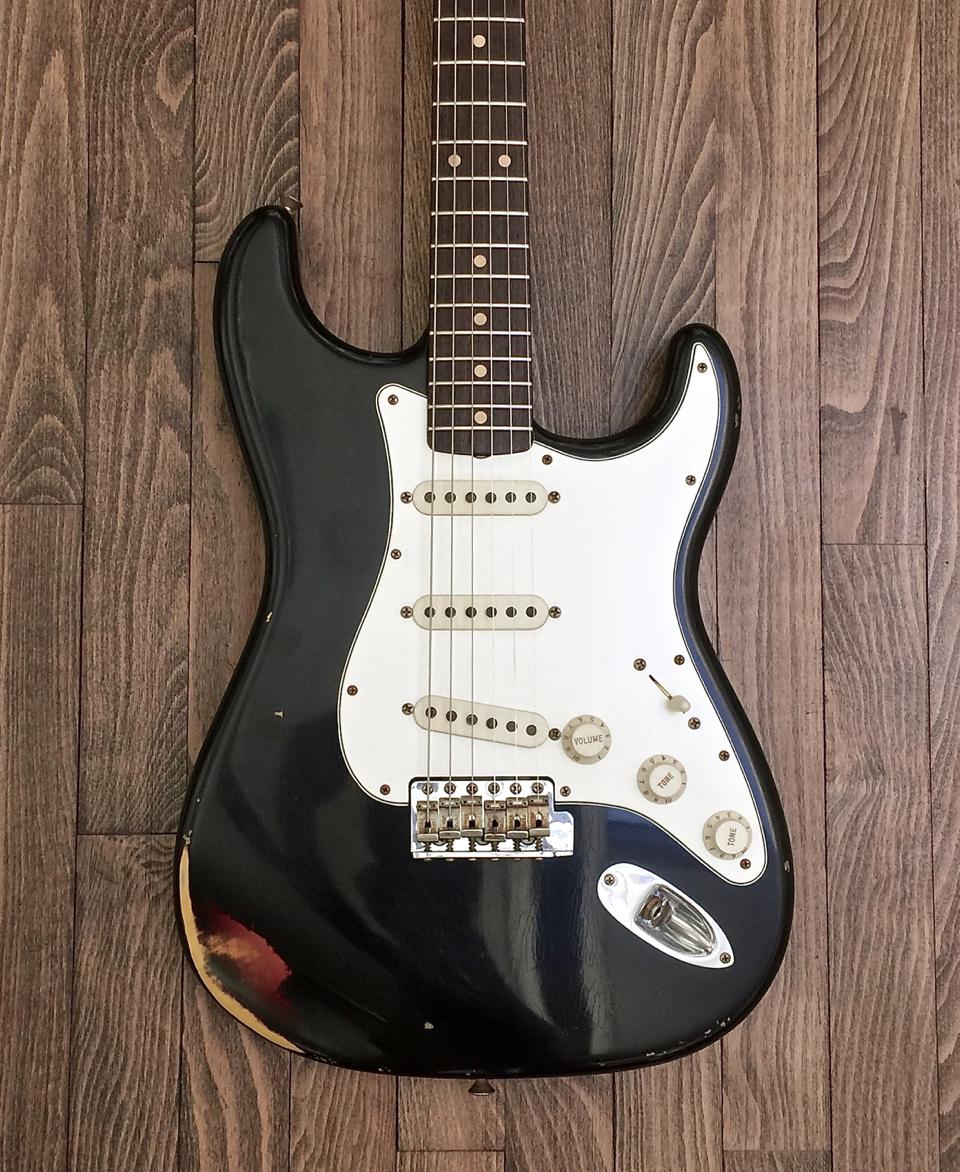
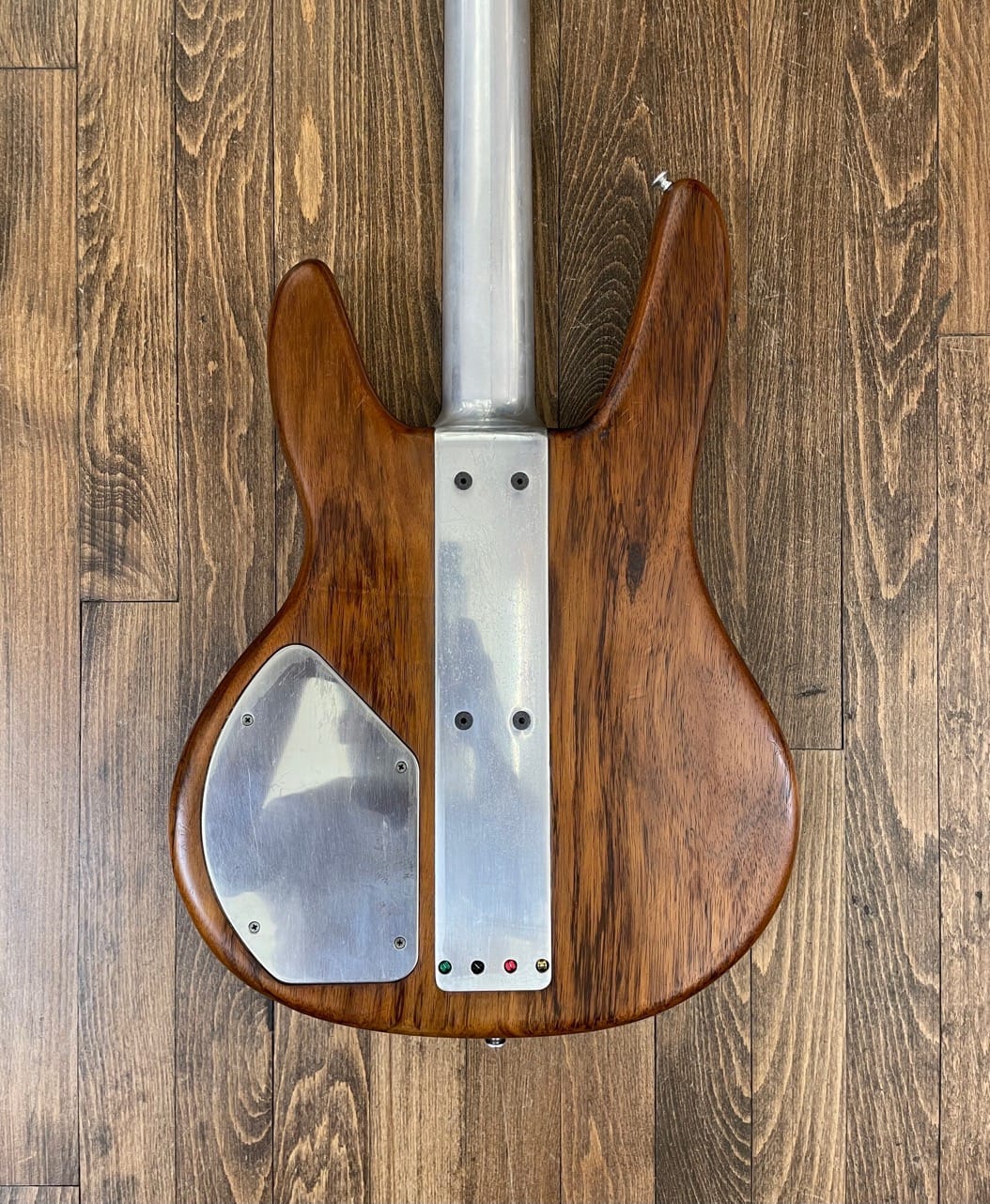
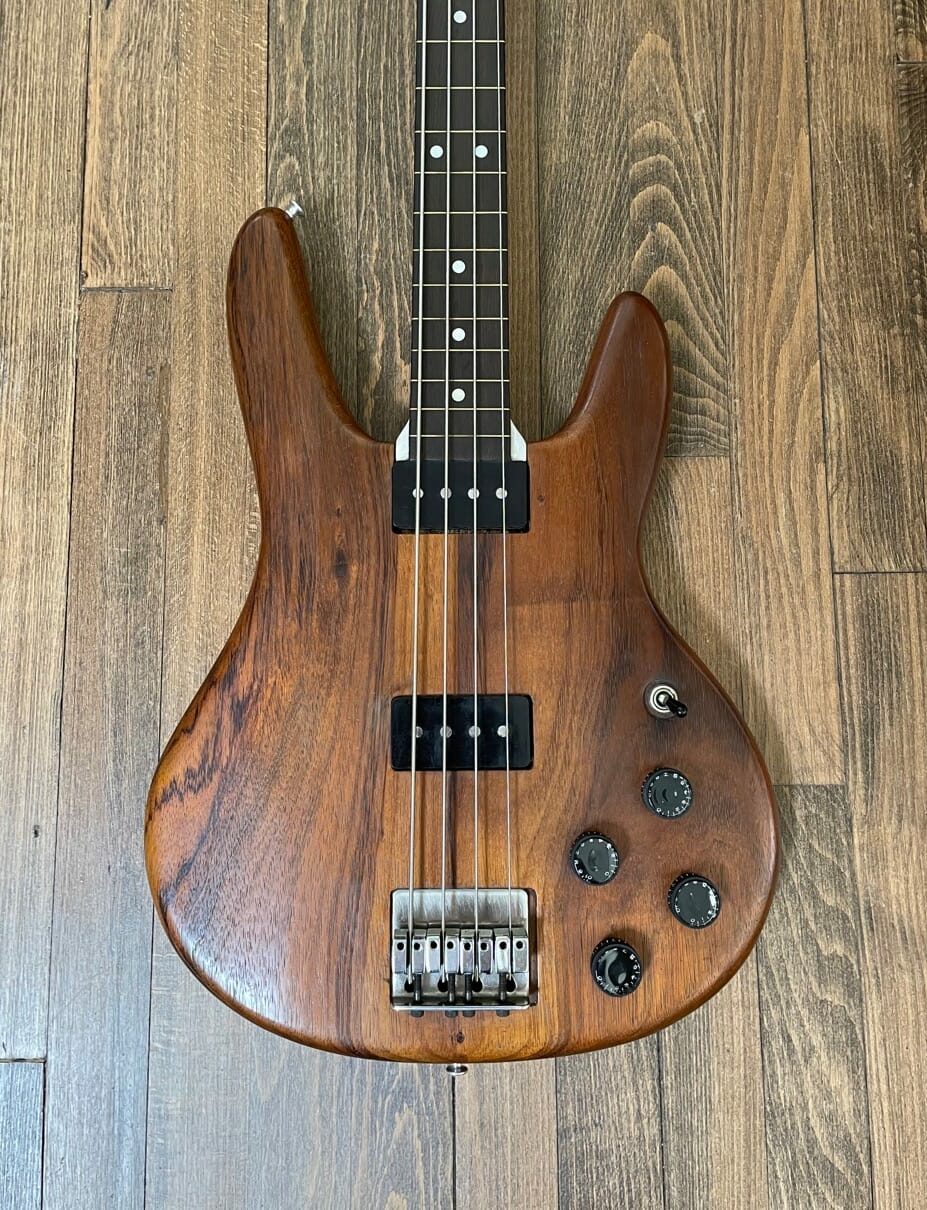
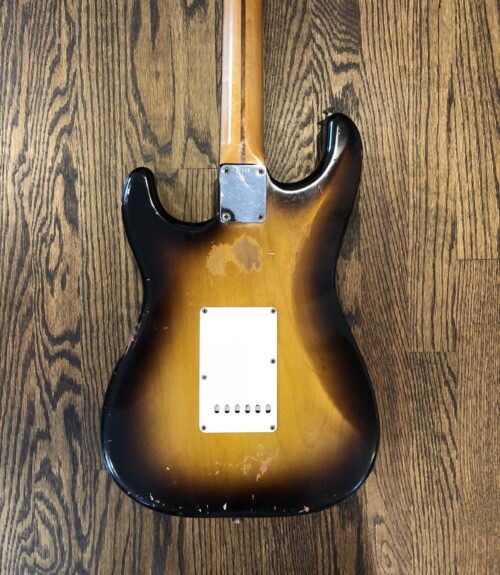
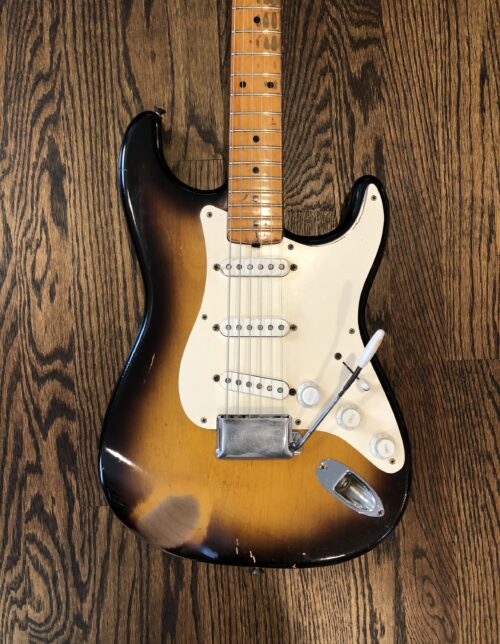
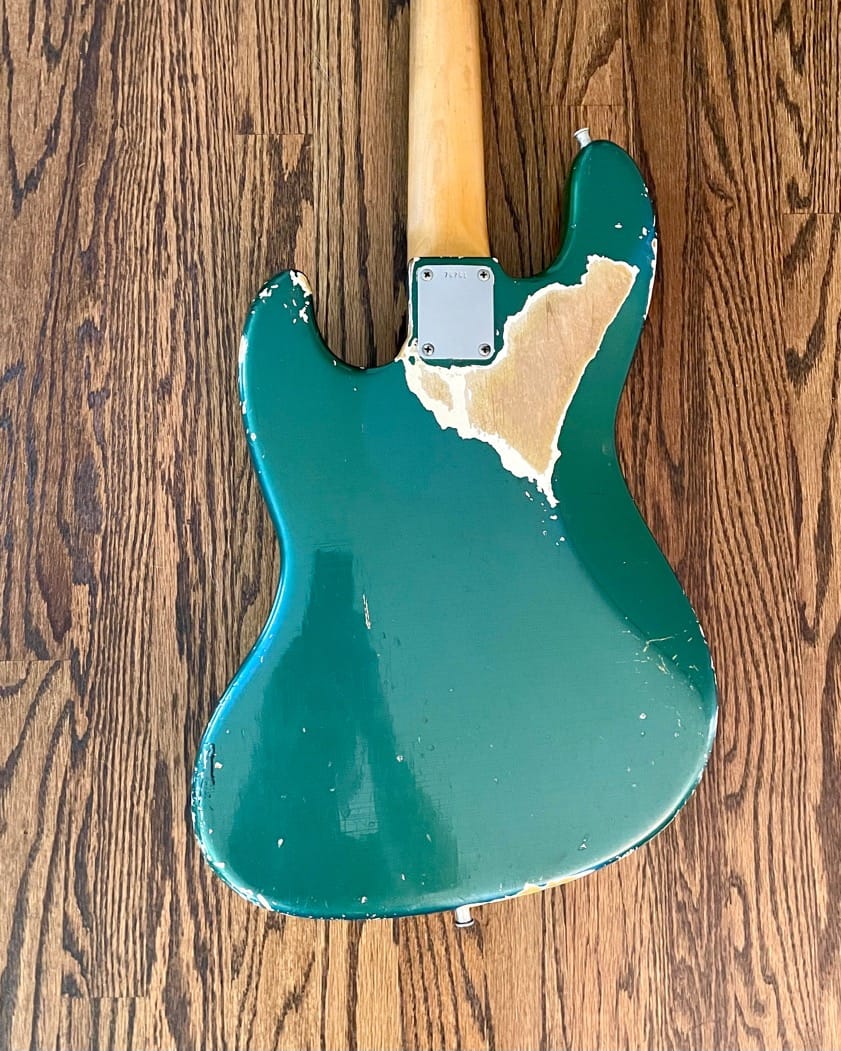
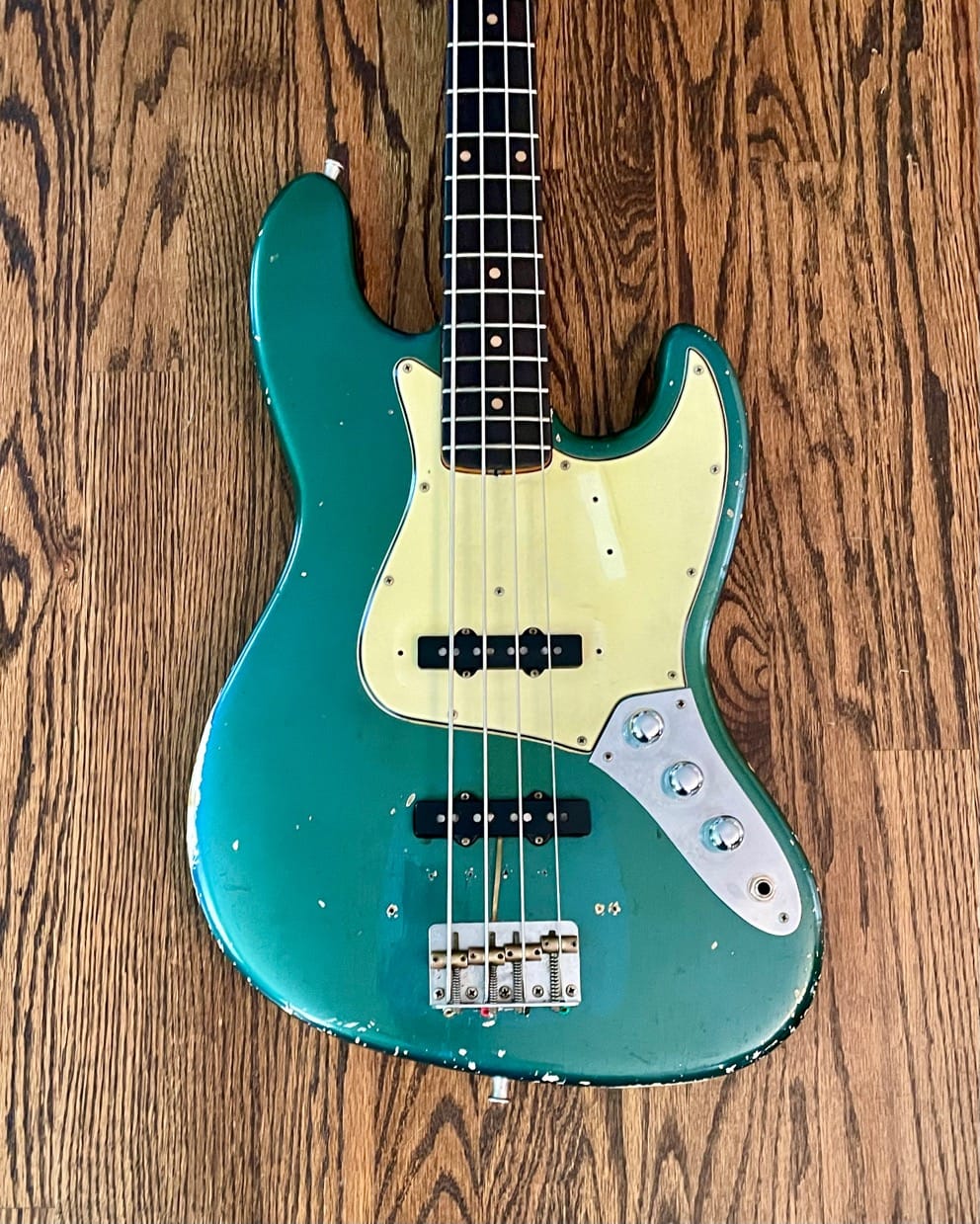
Reviews
There are no reviews yet.